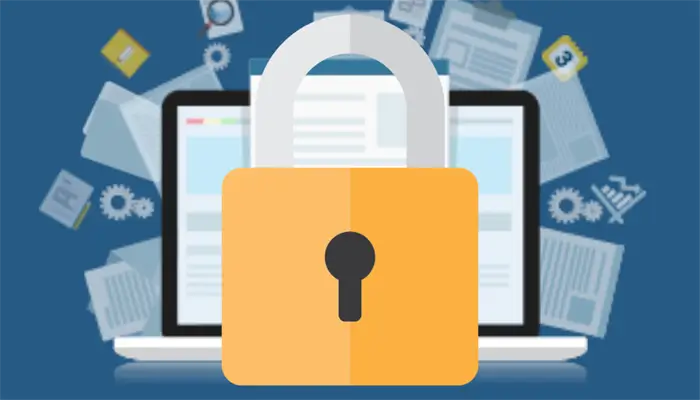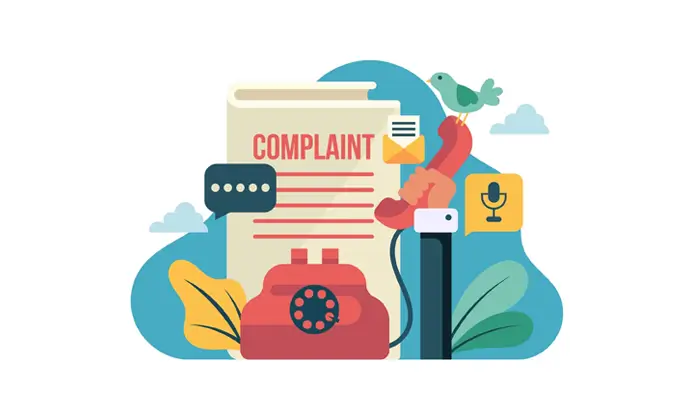Methods to Identify and Avoid Financial Scams
Anúncios
In todays age financial frauds have become more sophisticated and widespread posing risks to both individuals and businesses. Scammers use methods, like misleading phone calls and fake emails to trick people into revealing details and money. Recognizing the traits of scams is essential for safeguarding oneself and ones finances. This includes being alert to the sense of urgency created by scammers spotting requests for data and being cautious of unexpected messages that demand immediate action or payment.
The strategies for detecting and avoiding scams have evolved to counter the tactics used by scammers. A crucial aspect is staying vigilant in verifying requests for information whether they arrive via email phone calls or text messages. It’s important to be wary of any communication that pressures you into making payments or sharing details and always verify such requests through official channels independently. Educating oneself about scamming techniques and maintaining cybersecurity practices are key in protecting ones financial security.
Anúncios
Given that financial scams cause losses to Americans annually understanding them along with preventive measures is more crucial, than ever. It’s important for consumers to take their time when making decisions and to be cautious of offers that seem too good to be true. By staying updated on scamming methods and being careful people can lower the chances of becoming targets of fraud.
Recognizing Common Financial Scams
Financial frauds come in shapes and sizes. They all involve deceit to exploit people financially. It’s important to be able to spot these scams for proactive safeguarding. Examples of scams include phishing emails, fake investment schemes, identity theft and romance scams. Red flags to watch out for are requests, for financial details, promises of high returns with low risk pressure to make quick decisions and demands for payment through unusual methods like wire transfers or gift cards.
Anúncios

By staying alert verifying the authenticity of messages and transactions and seeking advice from sources individuals can protect themselves from falling prey to frauds. Furthermore educational efforts and awareness campaigns are key in empowering people to detect and report scams effectively ultimately reducing their occurrence and impact, on society.
Phishing Techniques
Scammers employ tactics, such, as posing as organizations to obtain confidential information, like passwords and credit card details. They utilize emails text messages or phone calls to deceive individuals into sharing data. To seem trustworthy they might replicate company logos and contact information.
Investment Frauds
Investment frauds lure individuals with the promise of high returns with low risk. They may present as exclusive opportunities or insider tips, often requiring an upfront investment. Such frauds can include fake stocks, bonds, or investment in commodities that do not exist or have no value.
Lottery and Sweepstakes Scams
Scammers notify victims that they’ve won a lottery or sweepstakes, but must pay fees or taxes upfront to claim the winnings. Typically, this scam will involve communication through call, text, or email, claiming affiliation with a known organization to add legitimacy.
Pyramid and Ponzi Schemes
In these schemes, returns for older investors are paid from the investment of newer victims, not from legitimate business activities. Pyramid schemes require participants to recruit others for income, while Ponzi schemes may pose as investment opportunities. Both are unsustainable and often result in the loss of money for participants.
Protective Measures and Best Practices
Financial fraud schemes are always changing, highlighting the need for people to take steps to protect their money. Being aware of scam techniques. Being cautious, about unexpected messages can help spot potential dangers and prevent falling prey to scams. It’s also important to check bank accounts for any activities use strong passwords and enable two factor authentication to boost security and lower the risk of fraud.

Seeking guidance from trusted experts and educating oneself on scam strategies can empower individuals to make wise choices and safeguard their finances. By staying alert and taking measures, for safety people can reduce the chances of falling victim to scams and keep their finances secure.
Secure Personal Information
It’s important to safeguard information, like Social Security numbers, banking information and passwords. Here are some tips to keep your data secure;
- Make sure to update the software on all your devices to prevent any security risks;
- Use distinct passwords for every account you have and think about using a password manager for added security;
- Be cautious about sharing information on social media platforms as it can be a treasure trove, for scammers.
Verify Sources and Contacts
Scammers often pose as representatives from legitimate institutions. To verify authenticity:
- End any unsolicited communication and initiate contact using verified phone numbers or official websites.
- Look up reviews and ratings of businesses and charities before engaging.
- Do not trust caller ID as it can be spoofed; instead, use independently obtained contact information to confirm identities.
Approach Investments with Caution
When considering investment options:
- Conduct your research, on investment companies and advisors before deciding to invest;
- Approach investments that guarantee returns with caution those with minimal risk; if it appears too good to be true it probably is;
- Remember that scammers often employ tactics such, as urging decisions to deter individuals from validating claims or seeking advice.
Reporting and Legal Action
When someone comes across a scam it’s crucial to act by reporting it and knowing their rights, under the law. Reporting the scam away to the authorities like the police, regulatory agencies and banks is key. This not increases the chances of getting back any lost money. Also helps stop others from becoming victims and holds those responsible for their actions.

It’s also important for scam victims to understand their protections, which can include consumer laws, banking rules and laws against fraud. Seeking advice from experts who specialize in fraud cases can assist victims in recovering losses seeking compensation and taking action against scammers. By being proactive and standing up for their rights under the law people can reduce the harm caused by scams and work, towards regaining stability and peace of mind.
Contacting Authorities
If someone believes they are being targeted in a scam it’s important to contact the authorities right away. This involves;
- Federal Trade Commission (FTC): Victims can report scams through ReportFraud.ftc.gov, which’s a platform, for consumer complaints;
- Law enforcement: They can file a report with their police department especially in cases involving theft or fraud;
- Consumer Financial Protection Bureau (CFPB): They offer support and information on consumer rights. Can be contacted for assistance;
- Anti Phishing Working Group: For phishing emails individuals can send them to [email protected].
Victims should. Share information, about the scam, including dates, communication records and financial transactions.
Legal Recourse and Rights
Victims are entitled to pursue remedies;
- Small Claims Court: For sums of money individuals can bring a case in small claims court without hiring a lawyer;
- Legal Advice: In cases of losses seeking advice, from a fraud specialist lawyer may be required to consider legal steps.
Victims should keep in mind the statutes of limitations which specify the time frame within which they can initiate proceedings following an incident. It is crucial to act to safeguard their choices.





